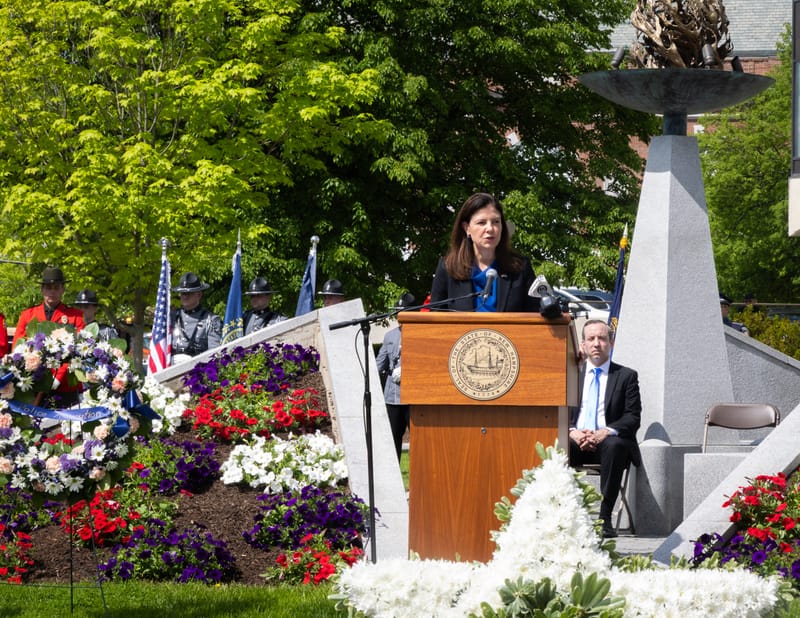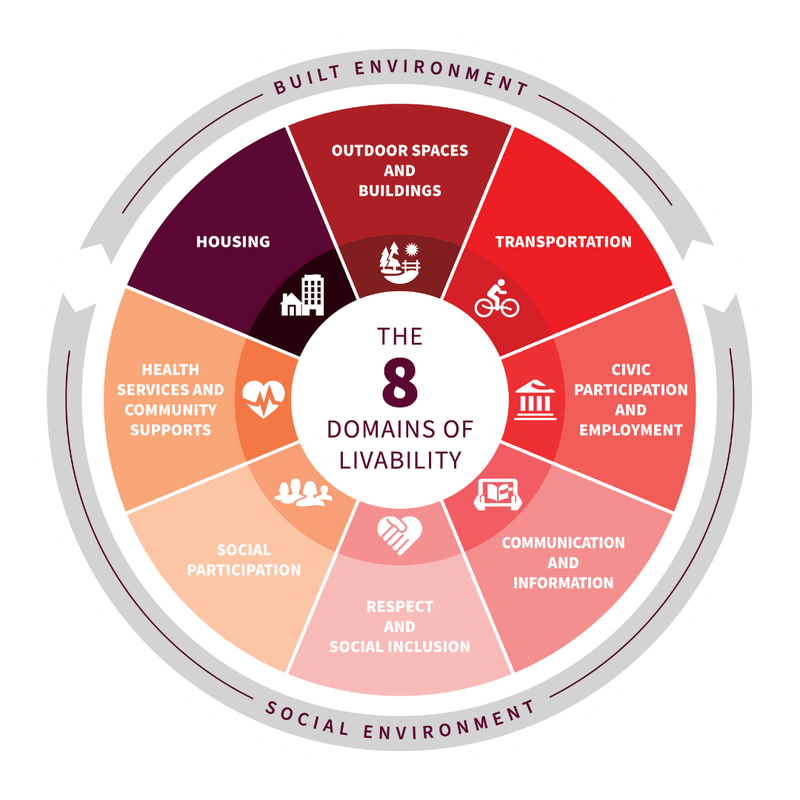CASA volunteers extend dignity, respect, and hope to ‘our kids’ at a time when they need it most
“It has been my honor through CASA NH to represent in Family Court brave children whom, through no fault of their own, must cope with having their lives upended, examined, and restructured by adults they do not know, nor have any reason to trust.”
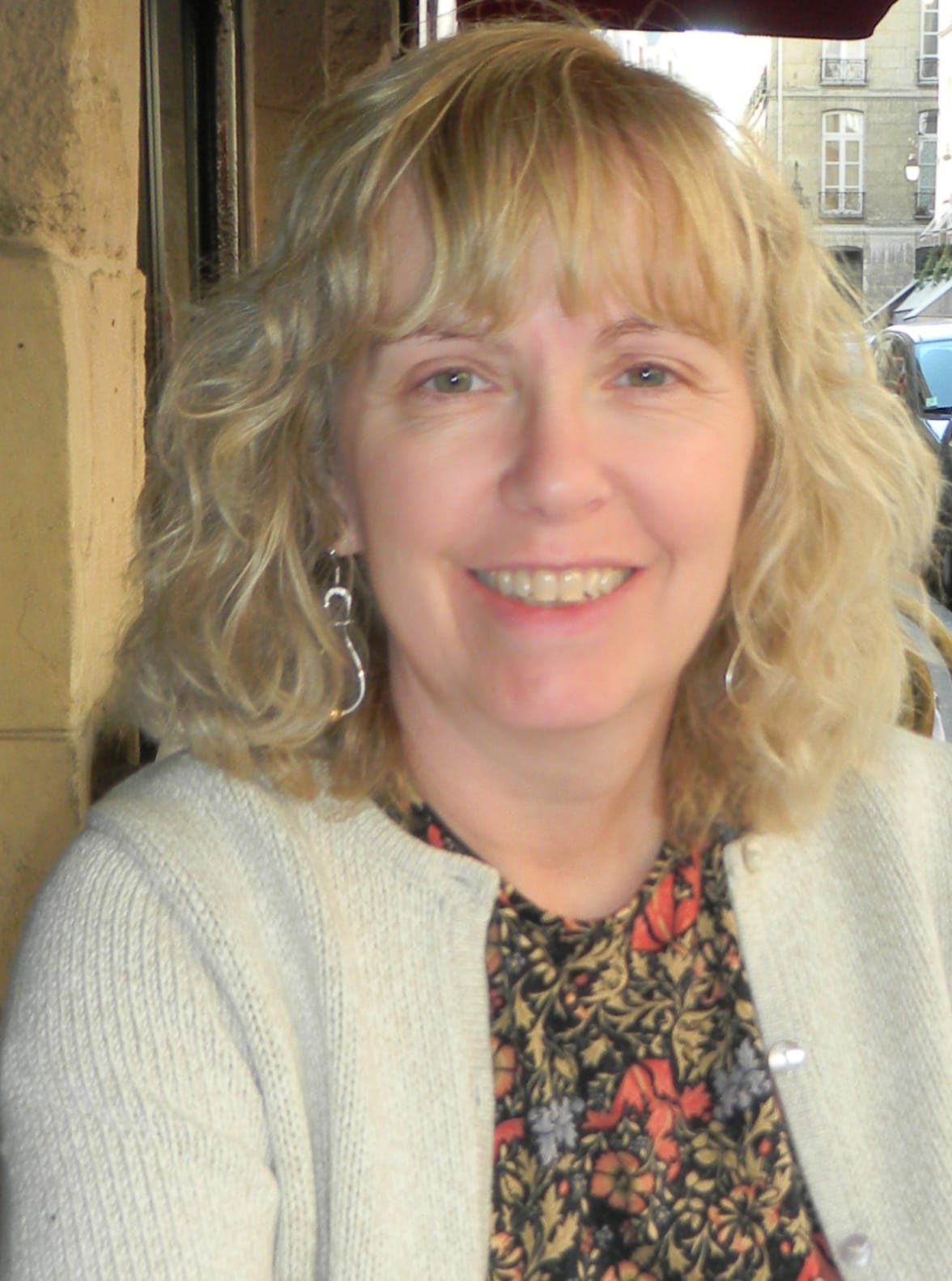
OPINION
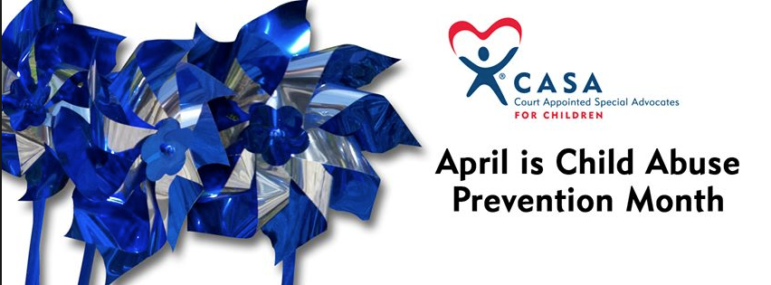
THE SOAPBOX Stand up. Speak Up. It’s your turn
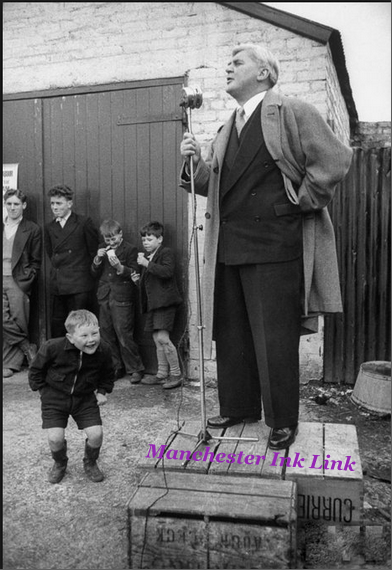
Recently I heard the author and political scientist Dr. Robert Putnam speaking on New Hampshire Public Radio. He was discussing his new book, Our Kids: The American Dream in Crisis. He learned through his research that poor children tend to lead stressful, isolated lives. Their family dynamic is often unstable, led by a single parent whose education often ended with high school or even before. Unlike better off children, who tend to have numerous adults in their lives reaching out to them to stay in school and go to college, poorer kids have few, if any, reliable, responsible adults to mentor them. They are unaware of opportunity and possibility, and their learned reluctance to trust anyone only serves to make them more vulnerable. Dr. Putnam concluded his remarks by observing the deleterious change in Americans’ perception of who, exactly are “our kids” when considering ways in which society is advancing. The term seems no longer to be a collective which includes every child, no matter his circumstances.
So what does “our kids” mean in New Hampshire?
Is the concept restricted to only those children who are favored with loving, nurturing homes? What about those other kids, somewhat unseen, but nevertheless all around us: the little girl in your grandson’s kindergarten class who always looks kind of dirty. The short-tempered, frazzled young mother and two kids in front of you in the grocery store checkout line, angrily subtracting items from her order when she discovers she does not have enough money to pay for everything. The teenager you seem to always see walking alone in the middle of the day, your unconscious vaguely noting, “shouldn’t he be in school?” Aren’t these “our kids” too? Indeed, yes – these are our most vulnerable kids, children whose lives are often informed by chaos, uncertainty, and despair.
The parents of these young people are often not far removed from childhood themselves— they were recently our kids. They may be burdened by substance abuse issues. Perhaps their own formative years were rife with violence and neglect, and they have lived marginalized by past trauma and resulting mental illness. Because of the dysfunction they themselves may have grown up with, they may never have learned how to be good parents. These families are sometimes homeless, often jobless, with little expectation of a better life. Their children may be removed from their care because the extent of family dysregulation has made the home too dangerous for the children to remain, an action of last resort which is traumatic for all involved. These, our kids, are the most impoverished members of our society, largely invisible until a crisis forces them into the light.

It has been my experience, however, that most of these unfortunate folks truly love their children, and wish to do right by them. As a Court Appointed Special Advocate (CASA), also referred to as a Guardian ad Litem (GAL), I have become acquainted with a number “our kids.” It has been my honor to represent in Family Court brave children whom, through no fault of their own, must cope with having their lives upended, examined, and restructured by adults they do not know, nor have any reason to trust.
I am a wholly independent voice which, in conjunction with professional service providers, seeks to contribute positive intervention into the lives of both parents and children. I visit my clients monthly, get to know them, their extended families, and the additional caring adults who might be mobilized to offer support and encouragement as the parents work to correct the conditions which led to the state’s involvement in their lives. I devote approximately four to seven hours per month to attending meetings and compiling information for the court. I then present to the Judge both in person and in the form of a quarterly written report my impressions of the progress achieved towards the goal of stabilizing the family and returning the children to the unsupervised care of their parents.
But foremost, I believe CASA volunteers extend dignity, respect, and, most importantly, hope to people unused to the ordinary kindnesses many of us are lucky enough to take for granted. We invite the disenfranchised to dare to believe that they have a place in our society, that they matter. Of course, not every outcome is a happy reunification of parent and child. Sometimes the parents are simply unable to pull their lives together enough to meet the needs of their children. For these kids, the hoped for outcome is adoption into a safe and loving home. Regardless, I know that my involvement was meaningful, and I feel certain that “my kids,” our kids, will remember me as the lady who cared enough to volunteer her time on their behalf, that someone cared enough to see them.
You, too, can become that someone in a child’s life. Learn more about becoming a CASA volunteer advocate. Visit www.casanh.org, email speakup@casanh.org or call 800-626-0622. CASA volunteers speak on behalf of the best interests of the state’s abused and neglected children who have come to the attention of the court through no fault of their own. Since its inception, CASA has advocated on behalf of nearly 10,000 children
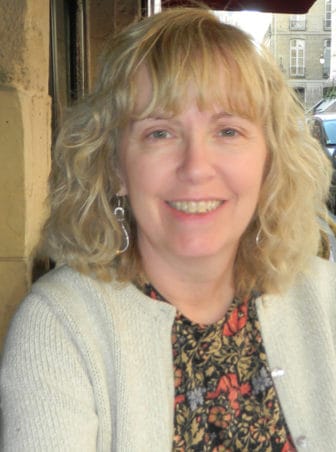
Linda Armirotto lives in Barrington with her husband, three dogs, one cat and 11 chickens. She has been a CASA volunteer advocate for four years.
Manchester Ink Link welcomes your submissions to The Soap Box, a place where you can express your opinion on just about anything. Send submissions to Editor Carol Robidoux at robidouxnews@gmail.com, subject line: The Soapbox. Please include a brief bio and recent photograph of yourself.

You’re one click away! Sign up for our free eNewsletter and never miss another thing

